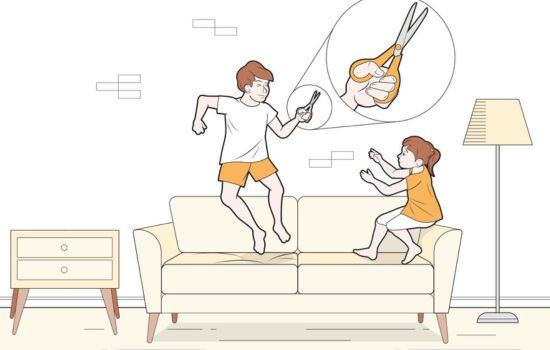Yes, as strange as it may seem, it is true. Discover how the brain can “sleep” during our daily activities
It is intriguing to think that our brains can “sleep” while we are awake.
However, recent research suggests that small groups of neurons can enter a temporary resting state even when we are in full activity.
This phenomenon, known as neural napping, has significant implications for our understanding of sleep, fatigue, and cognitive efficiency.
The Concept of Neural Napping
A neural nap is a brief pause that certain neurons take during daily activities.
This phenomenon has been observed in both animal and human studies.
In this study, researchers found that while most of the brain remains active, some groups of neurons enter a sleep-like state of inactivity.
Why Does the Brain Doze?
The reason the brain takes these neural naps is related to the need for maintenance and recovery.
Just as we need sleep to restore our body and mind, neurons also need breaks to avoid burnout and ensure efficient performance.
These naps help prevent overload and maintain cognitive functionality throughout the day.
Impact on Productivity and Attention
Studies indicate that neural naps can affect our productivity and attention.
During these neural pauses, we may experience momentary lapses in concentration, known as microblackouts.
These micro-blackouts can be responsible for sudden distractions and memory lapses, especially in situations of monotony or fatigue.
Strategies to Minimize the Effects of Neural Naps
To mitigate the effects of neural naps, it is essential to adopt practices that keep the brain alert and engaged. Some strategies include:
Regular Breaks: Take short breaks during work to allow your brain to recover.
Adequate Sleep: Ensure good quality nighttime sleep to reduce the need for neural naps.
Varied Activities: Switch between different tasks to keep your mind active and avoid monotony.
Hydration and Nutrition: Stay hydrated and well-nourished to sustain brain energy.
Conclusion
Understanding that our brain can “sleep” while we are awake opens up new perspectives on how we manage our time and energy.
By recognizing the signs of fatigue and implementing healthy practices, we can optimize our cognitive efficiency and overall well-being.




